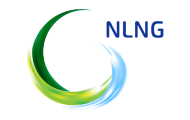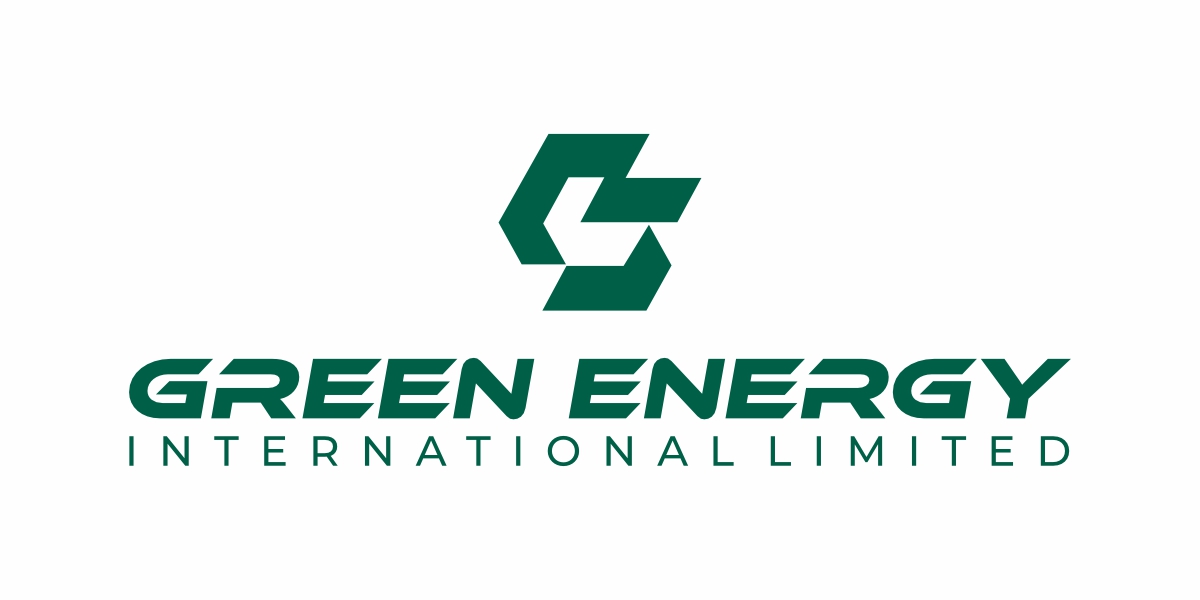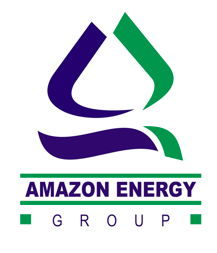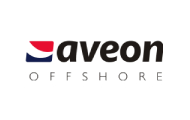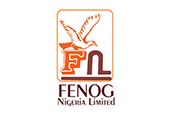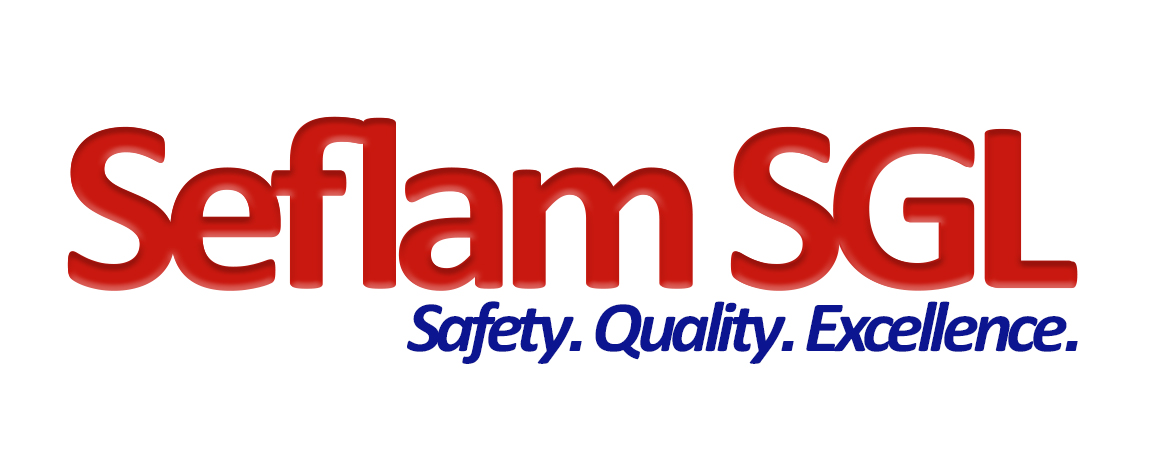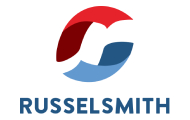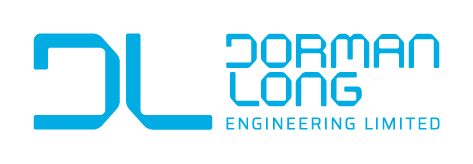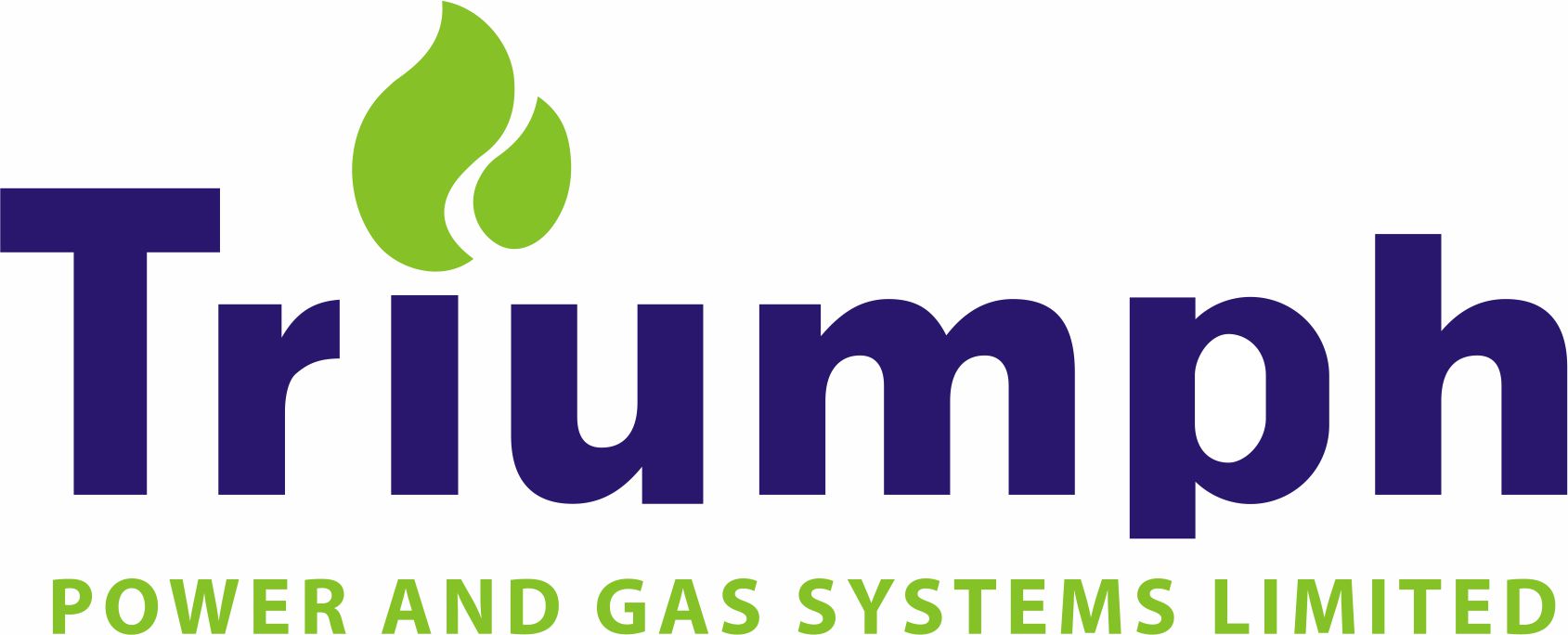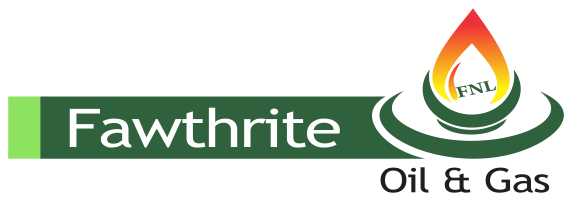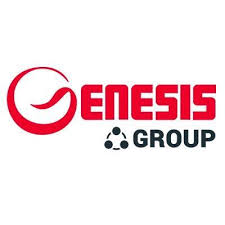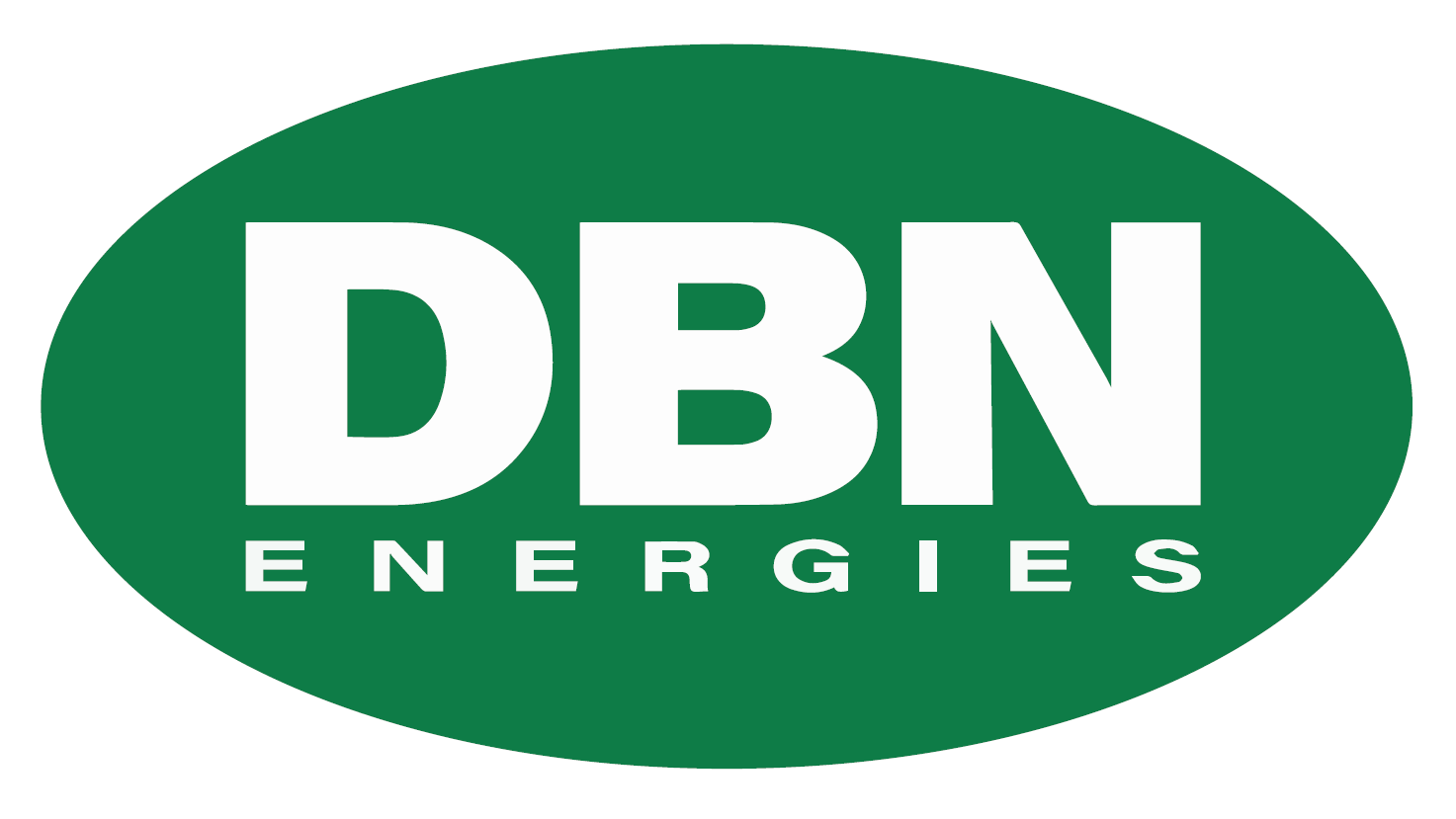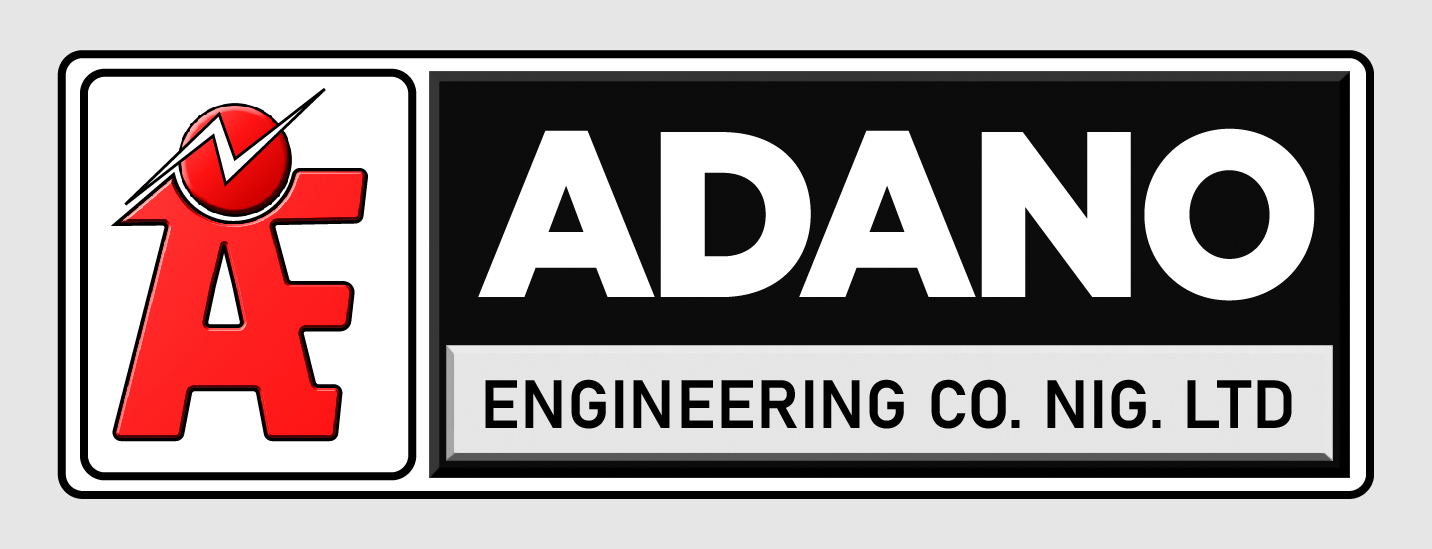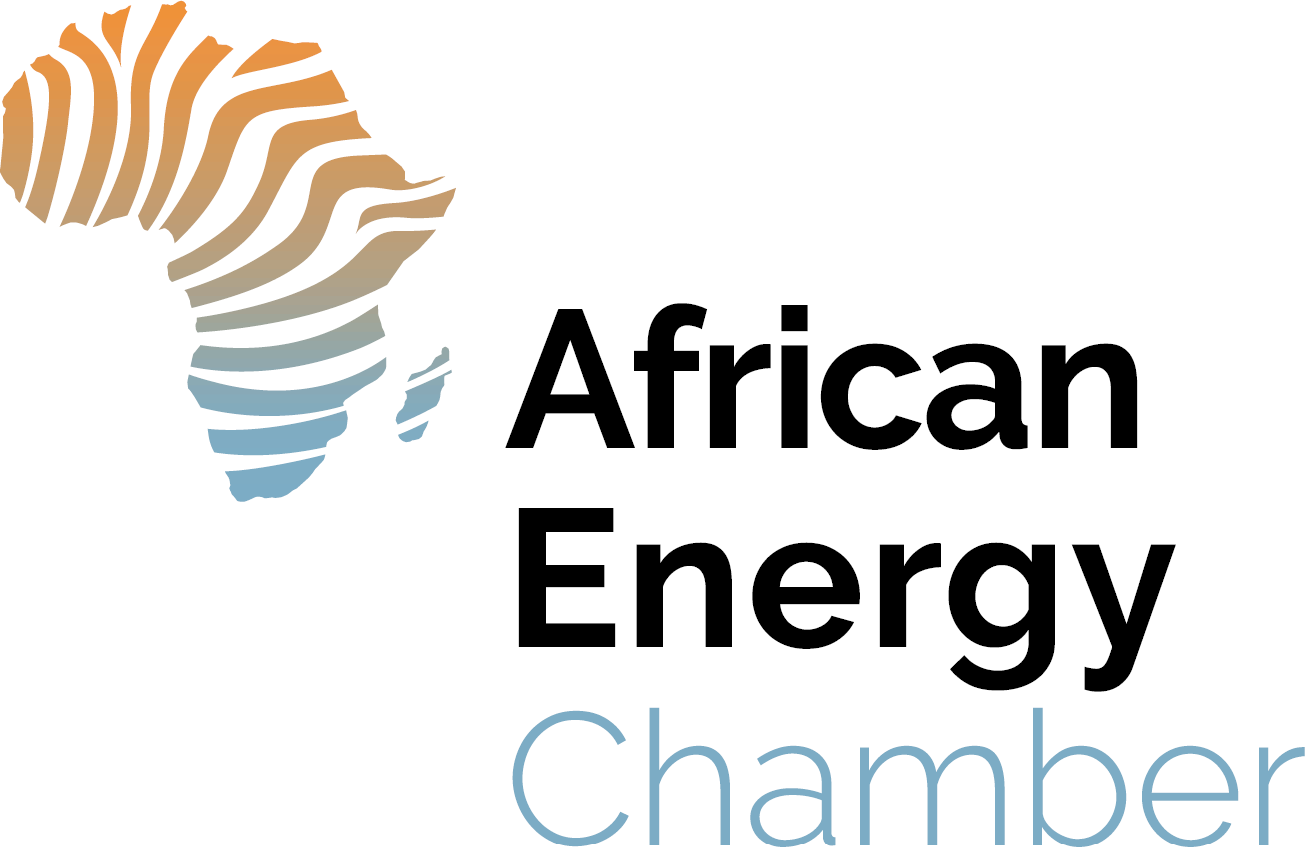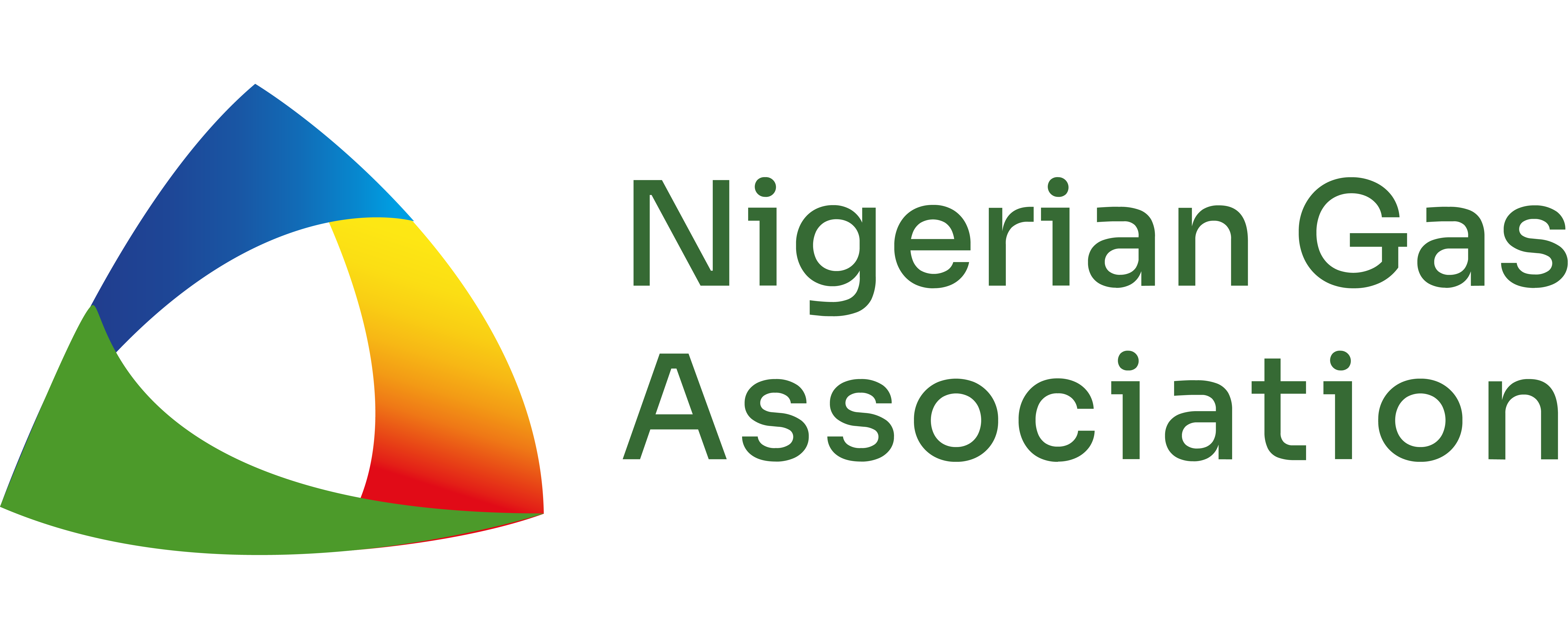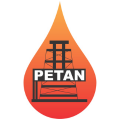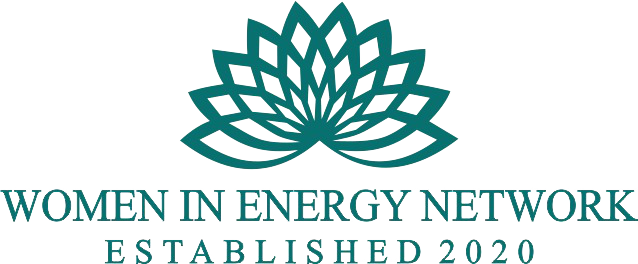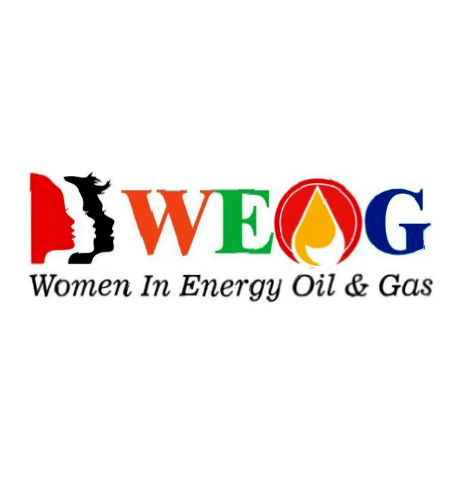The need to cut down on Nigeria’s high cost of governance, embrace local refining of petroleum products, create urgent solutions to vandalism and crude oil thefts as well as sustainable and diversified mass transportation system were part of options canvassed by oil and gas experts yesterday, in Abuja, as leeway to the soaring prices of petroleum products and elusive state of the sector in the country.
This is coming as long queues of motorists, jostling for Premium Motor Spirit (PMS) continued in Abuja and other parts of the country amidst payment of subsidy, now hovering around N6 trillion.
Some of the experts, who spoke at the Nigeria Oil and Gas Conference, said the Federal Government must first walk the talk by reducing cost of governance before asking the citizens to face hardship in moving the country forward, especially in the area of subsidy payment.
They also insisted that the security situation in the country, in terms of vandalism and theft, remained a disincentive and a situation that would continue to hurt the economy and deter the investment needed to address the challenges in the upstream and downstream sectors.
Former chairman, Major Oil Marketers Association of Nigeria (MOMAN), Tunji Oyebanji, said the current architecture in the downstream sector wouldn’t take the country anywhere, adding that the dependency on PMS is unacceptable.
“Government itself needs to walk the talk. You cannot continue to operate at a certain level without physically demonstrating a deliberate attempt to reduce the cost of governance, what you spend and what you spend money on, when you are telling people to take on a huge burden,” he said.
Oyebanji lamented that the decades of opportunities the country had were misused, adding that the country always fails to act until there is a huge deficit.
He insisted that there must be urgent action instead of talking about sufficient local refining capacity.
Oyebanji said: “We also need to do some other things to make it possible. So I think massive investment in mass transportation is key. I’m talking about ferries. I’m talking about railway lines.
“Take just a place like Lagos. Imagine a ferry that can move 3000 people every hour. Imagine what that will take off from the roads and how that would help people. Look at how long it’s taken us to even develop a rail system within Lagos with its huge population and all those things that could have been done in a much easier way that reduce this so-called dependence on PMS and everybody putting their cars on the road on a day to day basis.
“We also need significant investment in other alternative sources like CNG like LPG, but again, the economics has to work,” he said.
At the event, Nigerian Liquefied Natural Gas Company (NLNG) noted that it would continue to boost local supply of cooking gas.
Chief Executive Officer, Nigeria LNG Ltd, Phillip Mshelbila noted that the company would look at the supply side, the infrastructure, the commercial or economic framework needed to address the construction of gas pipelines, through the ongoing NLNG Train 7 project.
The Chief Executive Officer, Seplat Energy Plc, Roger Brown, stated that currency convertibility to enable the importation of equipment in dollars, having mainly a Naira revenue stream remained a challenge for the sector.
The Managing Director of Niger Delta E&P, Gbite Falade in his contribution, decried the investment climate in the country, especially the growing insecurity.
He noted that the pricing regime creates challenges for investors and deter financiers, adding that the government must push backward and allow private investors to go into the sector.
Falade said until the country monetizes its resources and incentivizes investors such that products are locally refined, the current losses may continue.








